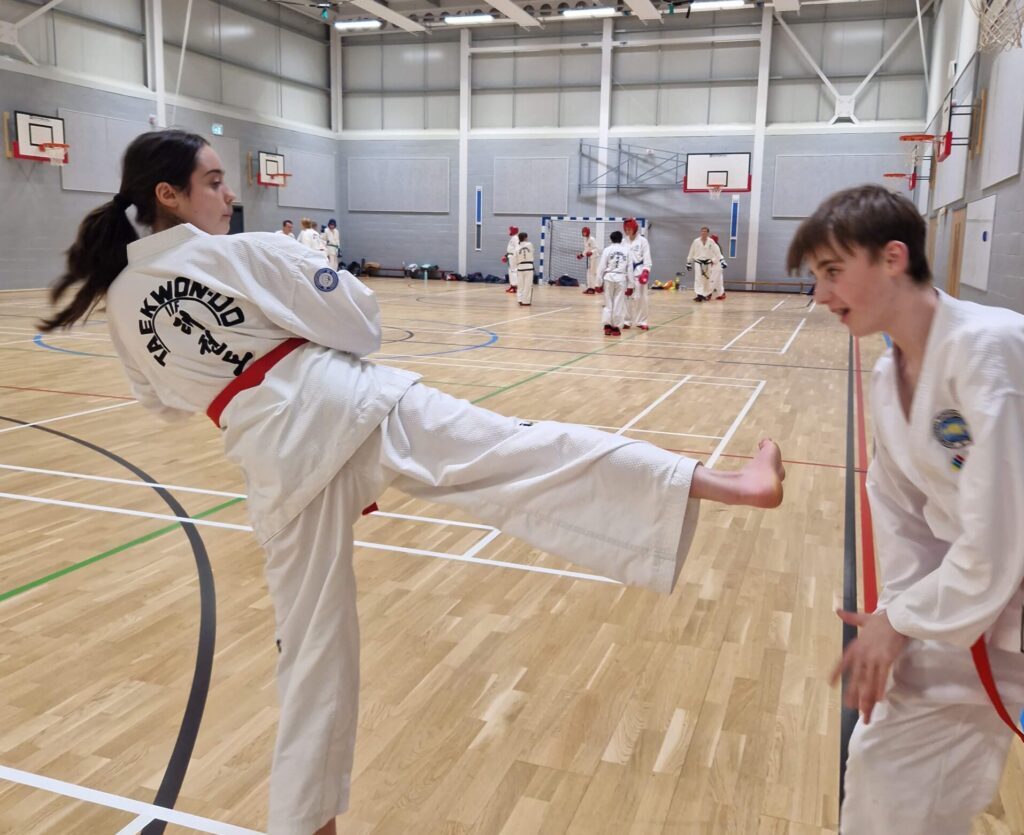
Thinking of taking a break from your regular exercise because you have exams? Bad idea. All research points to the benefits of regular exercise during exams. Below are the headlines from various sources
Exam season can be tough, and it’s often very easy to let your health and fitness fall to the bottom of your to-do list. But did you know that there are significant benefits of exercise that will directly help with your studies. University College London https://www.ucl.ac.uk/students/news/2020/may/study-boosting-benefits-exercise
‘Ensuring that pupils have plenty of active involvement in sport at school throughout the year – including and especially in the run-up to exams – helps them to maintain a healthy balance and navigate teenage life’s pressures and demands.’ Kevin Knibbs, Chair of the HMC Sports Committee and Headmaster, Hampton School https://sportsafeuk.com/blog/dont-separate-sport-how-sport-impacts-exam-time-the-whole-curriculum-and-life/#:~:text=Team%20sports%20provide%20an%20opportunity,%2C%20and%20teaches%20problem%2Dsolving.
Regular Exercise Reduces Stress and Improves Attention Levels and Academic Performance of University Students During Final Exams. Conclusion: Regular exercise may moderate physiological and academic stress, particularly endurance exercise. Students that participated in physical exercise improved attention and concentration during the final semester exams, associated with better academic performance. https://papers.ssrn.com/sol3/papers.cfm?abstract_id=4075700
As students prepare for their academic exams, they often prioritise studying over everything else, including their health. However, exercise is an essential component of a healthy lifestyle that should not be overlooked, particularly during exam periods. In this blog, we will discuss the benefits of exercise during an academic exam period. Stellenbosch University https://sport.sun.ac.za/strength-and-conditioning/benefits-of-exercise-during-periods-of-academic-pressure/
Exercise and Exam Success. Although many individuals will have their own personal preferences on when to exercise, recent research provides some interesting insights as to the impact of exercise timing n recall. The key finding was that timing a workout for a few hours after a study session is likely to result in better retention of the information just learnt. https://www.justincraig.ac.uk/time-your-workout-to-aid-exam-revision/#:~:text=Exercising%20helps%20by%20building%20endurance,well%20as%20boosting%20energy%20levels.&text=Exercise%20also%20helps%20with%20stress,released%20by%20your%20pituitary%20gland
Children should not stop playing sport in run up to exams as it has no impact on results, study suggests https://www.telegraph.co.uk/education/2019/04/24/children-should-not-stop-playing-sport-run-exams-has-no-impact/
New York TImes article To Boost Memory: Study, Wait, Then Exercise https://archive.nytimes.com/well.blogs.nytimes.com/2016/07/28/muscle-mnemonics/
A healthy body means a healthy mind. Take care of yourself during the exam period by eating well, sleeping well and exercising regularly. Exercise helps to oxygenate the brain and release tension, helping you to keep calm, mentally relax and study more efficiently. Dr Julie Hunt, Lecturer in Sport and Exercise Sciences, and Dr Ralph Manders, Lecturer in Exercise Physiology. https://www.surrey.ac.uk/features/exercising-exam-success
Exercise relieves anxiety and stress. Exercise improves memory retention. Exercise increases focus and concentration. Exercise boosts your energy. Birminham City University https://www.bcu.ac.uk/exams-and-revision/wellbeing/exercise-to-destress#:~:text=Exercise%20increases%20focus%20and%20concentration,which%20contribute%20to%20brain%20health.
Evaluating the effectiveness of physical exercise in improving standardized testing performances through attention indices. …this study demonstrated that running, as an acute, coordinative, aerobic exercise, helps increase the testing performance of the SAT reading section by measuring attention. https://pubmed.ncbi.nlm.nih.gov/36314776/
Is there a relationship between physical fitness and academic achievement? Positive results from public school children in the northeastern United States The odds of passing both the MCAS Mathematics test and the MCAS English test increased as the number of fitness tests passed increased https://pubmed.ncbi.nlm.nih.gov/19149783/
The effect of physical activity on sleep quality, well-being, and affect in academic stress periods. Results suggest that physical activity and exercise in the academic examination period may be able to buffer the negative effects of stress on health-related outcomes. Therefore, activity levels should be maintained in times of high stress to prevent negative effects on sleep, well-being and affect in students. https://pubmed.ncbi.nlm.nih.gov/28490911/
Cognitive and personality factors in the regular practice of martial arts. Regular practice of martial arts can influence many functional aspects, leading to positive effects on both personality and cognitive factors, with implications in psychological well-being, and in the educational field. The results were discussed with reference to theories claiming that regular activity has a differential positive effect on some aspects of cognition. https://pubmed.ncbi.nlm.nih.gov/28480690/